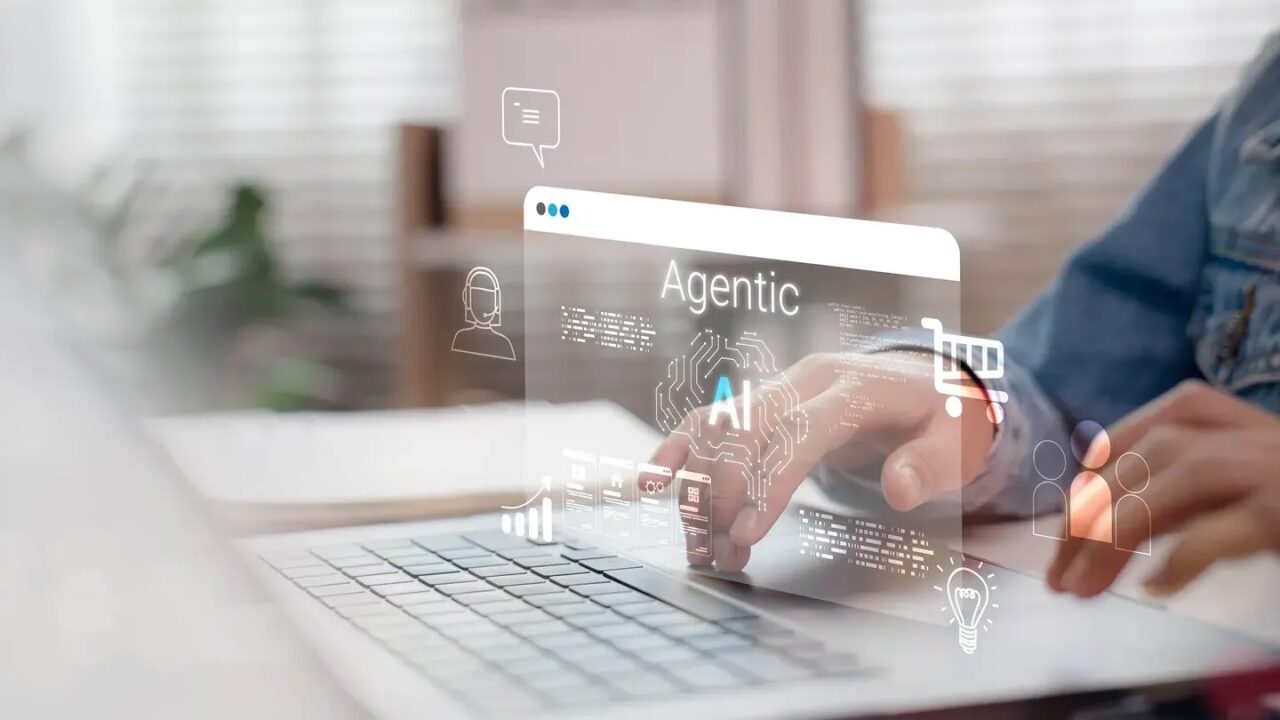What’s Been The Impact Of Covid-19 On The 4th Industrial Revolution?
2 July 2021
Obviously, the coronavirus has had a devastating impact on our world. The transformative effects of COVID-19 are immense, but they aren’t all negative. When faced with the reality of everything being remote from work to entertainment to education to connecting with friends and more, the technologies that propel the 4th Industrial Revolution offered solutions to continue some normality in business and life.

As more companies relied on these technologies to continue operations, things that held digital transformation back in the past were challenged. As a result, as Satya Nadella, CEO of Microsoft, said, “We’ve seen two years’ worth of digital transformation in two months.” COVID-19 accelerated the adoption of 4th Industrial Revolution technologies as people and companies relied on cloud computing, artificial intelligence, the speed of 5G network, big data, and more.
Adoption of Industry 4.0 Technologies a Matter of Survival
In what felt like an overnight transition, since such dramatic changes in business usually take months, if not years, companies pivoted to remote operations in response to stay-at-home orders. It was a matter of survival to innovate and try new ways of working and serving customers and stakeholders that, in the past, were not adopted for one reason or another. At the time of the coronavirus outbreak, while many people and companies were reticent about going all-in with Industry 4.0 technologies, luckily, the capacity and framework of those technologies were in place even if not fully perfected. Imagine living our 2020 reality in 1980—no connected devices, no ability to video conference, no artificial intelligence to support efforts.
4th Industrial Revolution Technologies Advanced During COVID-19
Every society touched by COVID-19 was challenged to adapt to a new reality. As individuals and companies searched for solutions, Industry 4.0 technology became an integral part of not only how we survived the pandemic but how we will exist in a post-pandemic world.
Cloud computing:
As workforces moved home to slow down the spread of coronavirus, cloud computing helped companies continue with day-to-day operations. Cloud computing allows companies to expand and contract IT infrastructure in a cost-effective way, which was critical as needs evolved throughout the crisis and will continue to as we emerge into a new reality. Now that more companies experienced the flexibility of cloud computing, they can now be more strategic about how they will use it and also refine how they use it to develop best practices.
Artificial intelligence (AI):
Public health officials relied on AI to better understand infection patterns and to try to predict surges in COVID-19 cases to help hospital administrations navigate demand on the system. Additionally, bots were put into use for contactless deliveries, cleaning, and administering medication. Whether figuring out new ways to communicate with customers or stakeholders, automate business processes, or optimizing online orders, artificial intelligence was behind the scenes making it all possible. AI learns from experience to get better in the future. The surge in reliance on AI will result in artificial intelligence becoming more advanced.
5G network:
5G is the backbone of our online society. The demand to handle a varied stream of data from our inter-connected devices at a quick speed makes the 5G network crucial to the advancements of the 4th Industrial Revolution. The pandemic made it clear how important 5G is to enable the transformation to Industry 4.0 and created new use cases and business demand for stable wireless networking.
Health officials sought to understand the pandemic by using big data and big data analytics. They tracked the number of cases, traced infections, and modeled spread throughout various cities, regions, and countries. There are several tracking tools that were created throughout the pandemic, such as this US Coronavirus Interactive Map from the Mayo Clinic that served as important ways to communicate to the public and help them understand how the pandemic could impact their lives.
As the pandemic is still very much in our current reality, it’s safe to say that we’re still in the midst of transforming with Industry 4.0 technologies. A year ago, you likely wouldn’t have expected that annual in-person tech events would have moved from the convention hall to the internet or that online grocery shopping and delivery would be embraced by so many. If COVID-19 taught us anything, it’s certainly how much can change in a year. Now that COVID-19 accelerated digital transformation and the adoption of Industry 4.0 technologies, imagine where we’ll be a year from now.
Where to go from here
If you would like to know more about measuring HR effectiveness, check out my articles on:
- Why Everyone Must Get Ready For 4th Industrial Revolution
- 5 Simple Tips To Help You Survive The 4th Industrial Revolution
- The 4th Industrial Revolution Is Here – Are You Ready?
- 14 Essential Leadership Skills For The 4th Industrial Revolution
- What The 4th Industrial Revolution Will Mean For Your Career
Or browse the Artificial Intelligence & Machine Learning to find the metrics that matter most to you.
Related Articles
10 Critical Skills Every Leader Must Master In 2026
By now, “smart” versions exist of just about every home appliance, gadget and gizmos we can think of. However, manufacturers continue[...]
7 E-Commerce Trends That Will Transform Shopping In 2026
By now, “smart” versions exist of just about every home appliance, gadget and gizmos we can think of. However, manufacturers continue[...]
Sign up to Stay in Touch!
Bernard Marr is a world-renowned futurist, influencer and thought leader in the fields of business and technology, with a passion for using technology for the good of humanity.
He is a best-selling author of over 20 books, writes a regular column for Forbes and advises and coaches many of the world’s best-known organisations.
He has a combined following of 4 million people across his social media channels and newsletters and was ranked by LinkedIn as one of the top 5 business influencers in the world.
Bernard’s latest book is ‘Generative AI in Practice’.






Social Media